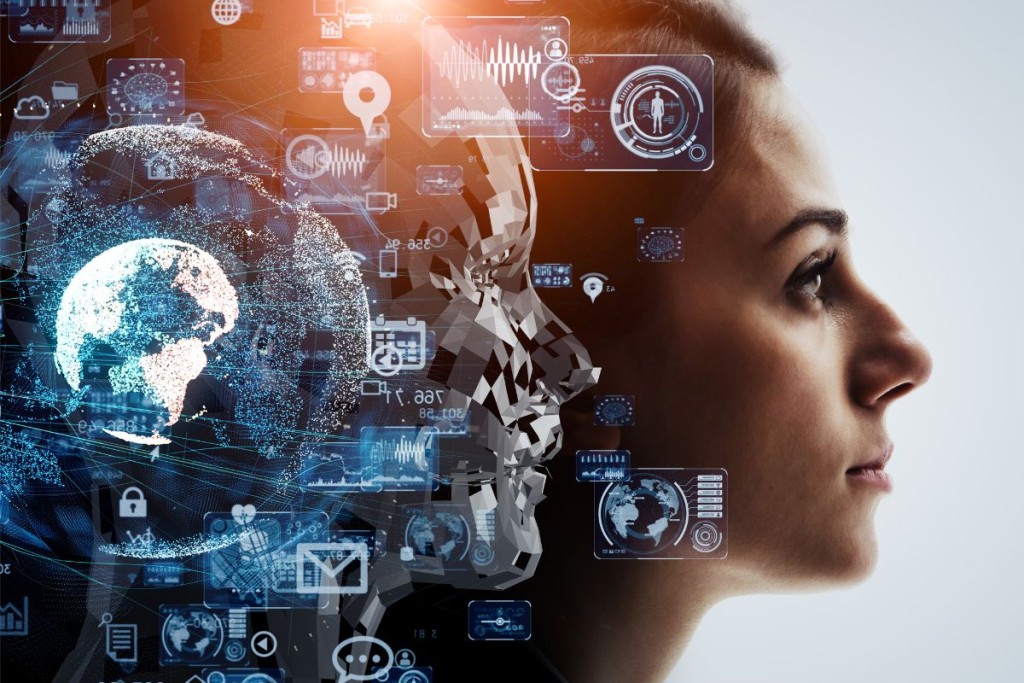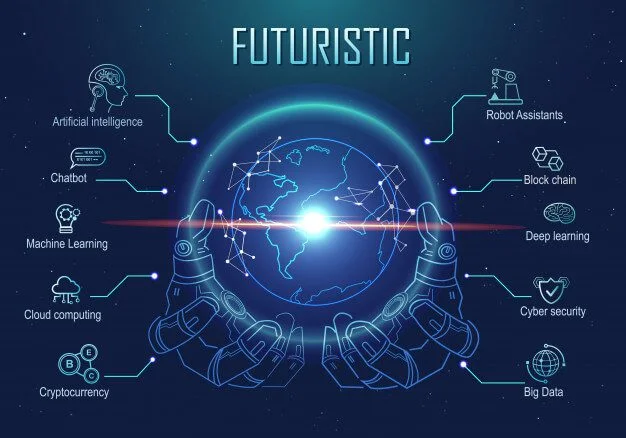Table of Contents
Artificial Intelligence (AI) has rapidly evolved over the past decade, shifting from a niche technological curiosity to a driving force across industries. As we look towards the future, the next decade promises to be a transformative period for AI, with developments that could reshape our world in profound ways. This article explores what we might expect from AI over the next ten years, focusing on advancements in technology, potential applications, ethical considerations, and societal impacts.

Advances in Technology
The next decade will likely witness significant strides in AI technology. One of the most anticipated advancements is the improvement in machine learning algorithms. Deep learning, a subset of machine learning, has already demonstrated impressive capabilities in image and speech recognition, but future algorithms will be even more sophisticated. We can expect more efficient training methods, reduced dependency on large datasets, and enhanced generalization capabilities, enabling AI systems to learn and adapt more like humans.
Another key area of advancement is in quantum computing. While still in its early stages, quantum computing holds the potential to solve complex problems that are currently intractable for classical computers. As quantum technology matures, it could lead to breakthroughs in AI, accelerating processing speeds and enhancing the capabilities of AI models.
Natural Language Processing (NLP) is also set to evolve dramatically. AI systems will become better at understanding context, nuances, and subtleties in human language. This will lead to more sophisticated conversational agents, improved translation services, and more accurate sentiment analysis. The development of AI that can engage in meaningful, context-aware dialogues will have a significant impact on customer service, mental health applications, and education.
Potential Applications
The applications of AI are vast and varied, and the next decade will see an expansion of AI’s role in numerous fields. In healthcare, AI will continue to make strides in diagnostics, personalized medicine, and drug discovery. Advanced AI systems will be able to analyze medical data with unprecedented accuracy, aiding in early detection of diseases and optimizing treatment plans based on individual patient profiles.
In transportation, autonomous vehicles will become more prevalent. The technology behind self-driving cars is advancing rapidly, and in the next ten years, we may see widespread adoption of autonomous vehicles, including ride-sharing services and freight transport. This shift will not only change the way we travel but also have a profound impact on urban planning and infrastructure.
AI’s role in climate change and environmental sustainability will also become increasingly important. AI can help optimize energy consumption, improve climate modeling, and advance renewable energy technologies. By analyzing large datasets related to weather patterns and energy usage, AI can contribute to more effective strategies for mitigating climate change.

Ethical Considerations
As AI becomes more integrated into our lives, ethical considerations will become increasingly important. One major concern is the potential for AI to perpetuate and even exacerbate biases. AI systems are trained on data that may reflect existing societal biases, and if not properly addressed, these biases can be embedded in AI applications, leading to unfair outcomes in areas such as hiring, law enforcement, and lending.
Data privacy is another critical issue. With AI systems collecting and analyzing vast amounts of personal data, ensuring the protection of this information is essential. Regulations and frameworks will need to evolve to safeguard individuals’ privacy while allowing for the benefits of AI to be realized.
Additionally, the potential for job displacement due to automation is a significant concern. As AI systems become more capable, there will be shifts in the job market, with some roles becoming obsolete while new ones emerge. Preparing the workforce for these changes through education and reskilling programs will be crucial in addressing these challenges.
Societal Impacts
The societal impacts of AI will be profound. On one hand, AI has the potential to improve quality of life by making services more efficient and personalized. For instance, AI-driven healthcare solutions could lead to longer, healthier lives, and AI in education could provide tailored learning experiences for students.
On the other hand, the widespread adoption of AI could lead to significant changes in how we interact with technology and each other. The rise of AI-driven automation may alter social dynamics, affect job markets, and influence economic structures. Addressing these changes will require careful planning and collaboration between technologists, policymakers, and communities.

In conclusion, the next decade holds immense promise for AI, with advancements in technology likely to drive significant changes across various domains. While the potential benefits are substantial, it is crucial to address the ethical and societal challenges that accompany these advancements. By fostering a balanced approach that prioritizes both innovation and responsibility, we can ensure that AI continues to be a force for positive change in our world.


